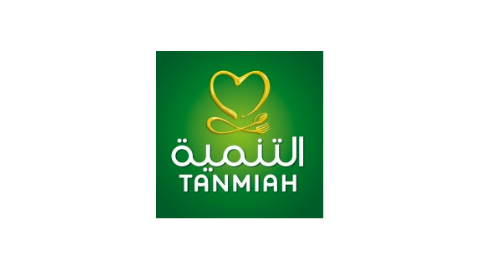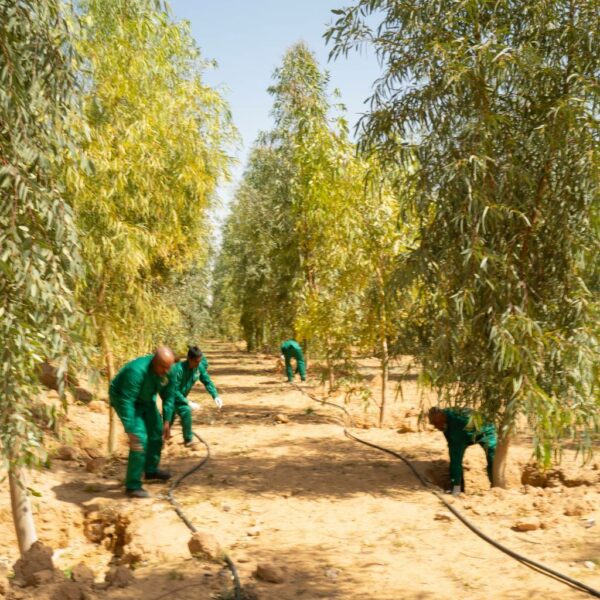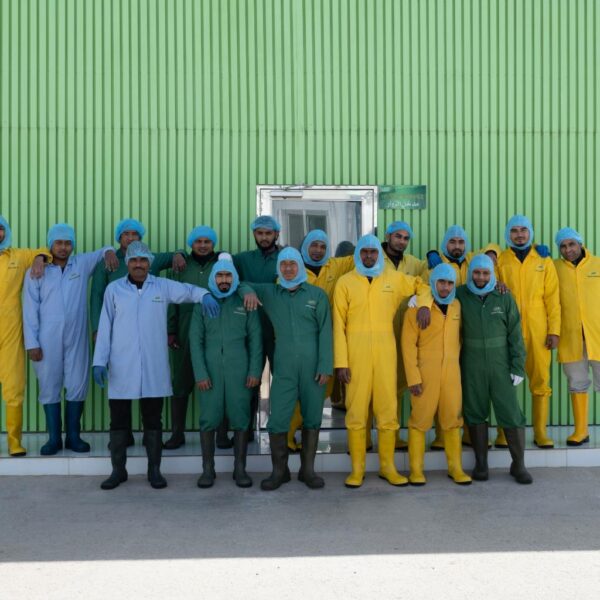Tanmiah: circular business model
Moving to a more circular business model takes Tanmiah closer to being Nature Positive, and builds the experience and expertise to share with other companies in Al-Dabbagh Group as we move forward.

Turning waste into value
Tanmiah was established in 1962 and has grown to become a leader in manufacturing and distribution of food and agricultural products with a team of more than 2,000 people.
As one of the largest poultry providers in the region, Tanmiah’s operations have a significant environmental footprint. While a lot of work has been done to reduce this impact, the team know that as they grow so will their impact. Addressing this means moving beyond activities to reduce impact into innovative business practices and introducing a circular business model.
Tanmiah has already been putting circular thinking into practice in its operations. As well as manure, their operations also produce two million liters of waste water. By building waste water treatment plants at its main facilities, and combining this output with their commitment to plant one million trees by 2025, they have created a circular model.
0m
trees to be planted by 2025
0
million liters of water treated and reused annually
The challenge
The team has taken this circular thinking further forward. One of the largest areas of environmental impact – chicken manure waste. The operations produce 600 – 700 tonnes of waste a day. Under traditional practices, this waste is sent to landfill, leading to greenhouse gas emissions, soil and water pollution and pathogen-related health risks. The chicken waste produced by Tanmiah is rich in nitrogen and phosphorous nutrients and so the team knew there was huge potential to change this waste stream into value they didn’t yet have a process to capture it.
To find a solution, Tanmiah teamed up with Al-Dabbagh Group’s first Omnipreneurship Award. The Awards offered the winning company $1 million for a sustainable, scalable solution to converting poultry waste to value. They were looking for an idea that would be integrated into the business, delivering multiple sources of value.


The response and results
The winner, Polymoran, have a technology that turns the waste into biochar that is then used as a biopolymer plastic and a bio-organic soil improver. This soil improver is used to feed the trees. The biopolymer is used for packaging, to displace virgin plastic.
At Tanmiah, the water treatment plants irrigate the trees with 680 million liters of water a year, water that would otherwise be wasted. The trees themselves are projected to remove 1.3 million tons of carbon as they grow. The trees also provide habitats and spaces for local wildlife and people to enjoy and thrive. With careful management, the trees also deliver other benefits, for example shavings from these trees have replaced imported wood shavings for the chicken house floor cover.
The waste from the chicken manure, which is converted into biochar to fertilise the trees, reduce the carbon per kg of chicken by 10%, saving 65,000 tons of carbon every year. Other uses for the biochar outputs from the waste are being explored across the Group: at Red Sea International, exploring the use of biochar with cement to create a lower carbon building material; and with FPS Flexible Packaging Solutions, the biopolymer is being considered for use in their work leading flexible plastic products.